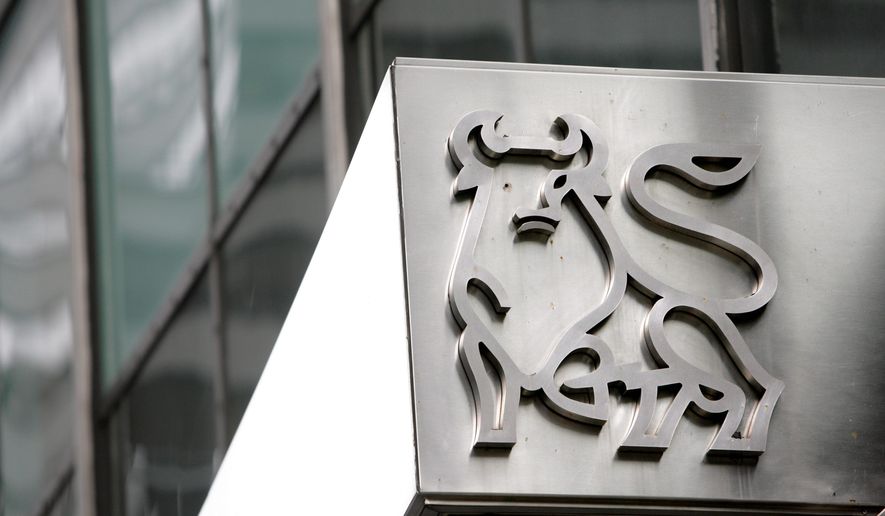Two defense attorneys from the Enron era filed a complaint against Andrew Weissmann in 2012 with the New York disciplinary committee over concealed evidence in the Merrill Lynch trial.
The complaints of William Hodes and Sidney Powell, who represented a Merrill executive on appeal, went nowhere.
The Supreme Court’s Departmental Disciplinary Committee sent the complaint to the Justice Department. Mr. Weissmann by that time had become general counsel to FBI Director Robert Mueller. He is now the Trump-Russia special counsel.
The complaint’s fate ended up in the hands of Reginald M. Skinner, a trial attorney in Justice’s civil division at the time.
What ensued were a series of letters to the New York committee. Mr. Hodes explained why Mr. Weissmann violated court rules. Mr. Skinner explained why he rejected the complaint.
There does not appear to have been an investigation in the way of interviewing witnesses. Instead, it came down to two attorneys arguing the law.
Mr. Skinner’s argument was twofold.
First, the 5th U.S. Circuit Court of Appeals ruled that, while the task force did in fact withhold evidence favorable to the Merrill Lynch defense, it also said the breach was not material to changing the outcome. It did not violate the so-called Brady Rule.
Second, Mr. Skinner said, the Merrill Lynch trial was conducted by other prosecutors whom Mr. Weissmann oversaw.
“The complainants make no attempt to demonstrate that Mr. Weissmann ’ordered,’ ’directed,’ ’ratified’ or was even aware of any decision to suppress evidence favorable to [the defendant],” Mr. Skinner wrote.
Mr. Hodes said Mr. Skinner cited wrong cases and that materiality has nothing to do with whether a prosecutor has committed misconduct.
Mr. Hodes is considered a leading authority on courtroom ethics. He authored a guidebook, The Law of Lawyering, with two other lawyers. It tells attorneys how to stay within American Bar Association rules.
“The whole point of our complaint against Andrew Weissmann — completely ignored in the Skinner letter — is that the materiality of the evidence suppressed is not a factor in lawyer disciplinary proceedings; the suppress of favorable evidence alone is the disciplinary violation,” Mr. Hodes wrote.
He said Mr. Weissmann participated in grand jury proceedings, was a constant presence at trial and conferred often with his prosecutors.
His complaint included scores of exhibits, including withheld yellow-highlight material that could have aided the defendants.
“We lost because we did not get a new trial,” Mr. Hodes said. “Weissmann lost also because the 5th Circuit said it was clearly erroneous. The government deliberately withheld exculpatory information. That was clear as day.”
Mr. Hodes said he had “great confidence” that Mr. Weissmann “ordered, directed or ratified” the misconduct. It was up to the bar and Justice Department to investigate further, he said.
They never did.
• Rowan Scarborough can be reached at rscarborough@washingtontimes.com.




Please read our comment policy before commenting.